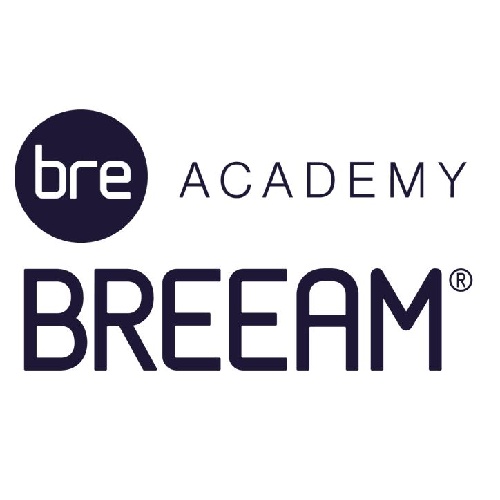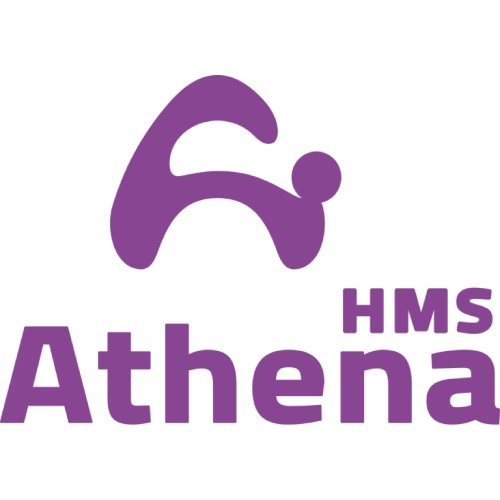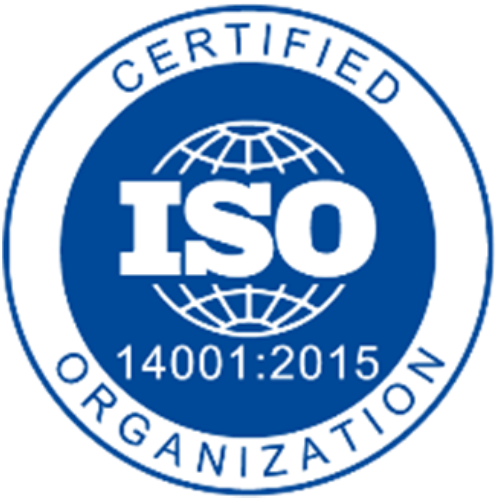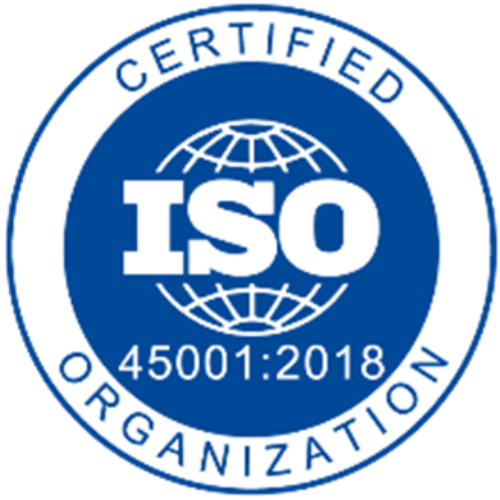INTRODUCTION:
In the dynamic world of project management, the key to success lies in efficient planning and continuous monitoring of progress. The journey from planning to execution can be challenging, but a well-informed project manager can overcome obstacles and ensure project success. One such powerful tool that aids in project evaluation and decision-making is Earned Value Management (EVM). In this blog, we will explore the significance of EVM in project management and how it can lead projects towards successful completion.
THE IMPORTANCE OF COMPREHENSIVE PROJECT PLANNING:
The foundation of any successful project lies in developing a comprehensive plan. A well-structured plan outlines the project’s objectives, scope, timeline, and budget, providing a roadmap for execution. This initial phase sets the stage for project success and ensures that all stakeholders are aligned with the project’s goals and expectations.
REALITY CHECKS AND PROGRESS ASSESSMENT:
As the project moves forward, it becomes crucial to regularly assess its progress. Here, the challenge lies in determining whether the project is on track and achieving the desired milestones. Simple schedule deviations may not provide a complete picture of project health. Therefore, project managers need to delve deeper into performance metrics to gain valuable insights.
UNDERSTANDING EARNED VALUE MANAGEMENT (EVM):
Earned Value Management is a powerful methodology used to evaluate project success and development throughout its lifecycle. It empowers project managers with objective metrics to measure progress, budget adherence, and effort expended. EVM goes beyond mere deadlines and completion rates, providing a holistic view of a project’s performance.
THE SUBJECTIVE APPROACH TO PROJECT COMPLETION:
In some cases, project managers may face challenges when quantifying the percentage of completion for individual project tasks, particularly when there are no clear ground rules. This subjective approach can lead to variations in success assessments, as each individual may have a unique perspective on project achievements.
LEVERAGING A WELL-EXPLORED AND VALIDATED METHODOLOGY:
To overcome the challenges of subjectivity and ensure consistent project evaluations, using a method like EVM becomes essential. EVM employs established formulas and metrics that have been thoroughly researched, examined, and validated in the field of project management.
BENEFITS OF EARNED VALUE MANAGEMENT:
Implementing EVM offers numerous benefits to project managers and stakeholders. Some advantages include:
- Early Identification of Project Deviations: EVM enables the early detection of potential delays or budget overruns, allowing proactive measures to be taken.
- Enhanced Decision-making: Objective data provided by EVM aids in making well-informed decisions, reducing project risks.
- Improved Cost Control: EVM helps monitor and control project costs effectively, ensuring optimal resource utilization.
- Clear Communication: EVM provides a standardized language for project progress, fostering better communication among team members and stakeholders.
CONCLUSION:
In conclusion, project managers must recognize the significance of effective planning and regular progress assessment to achieve successful project outcomes. Earned Value Management emerges as a valuable tool that empowers project managers to make informed decisions and mitigate risks. By embracing EVM and its objective approach, project stakeholders can collaborate harmoniously and drive projects towards successful completion. Embrace the power of Earned Value Management and elevate your project management endeavors to new heights.



















Leave A Comment